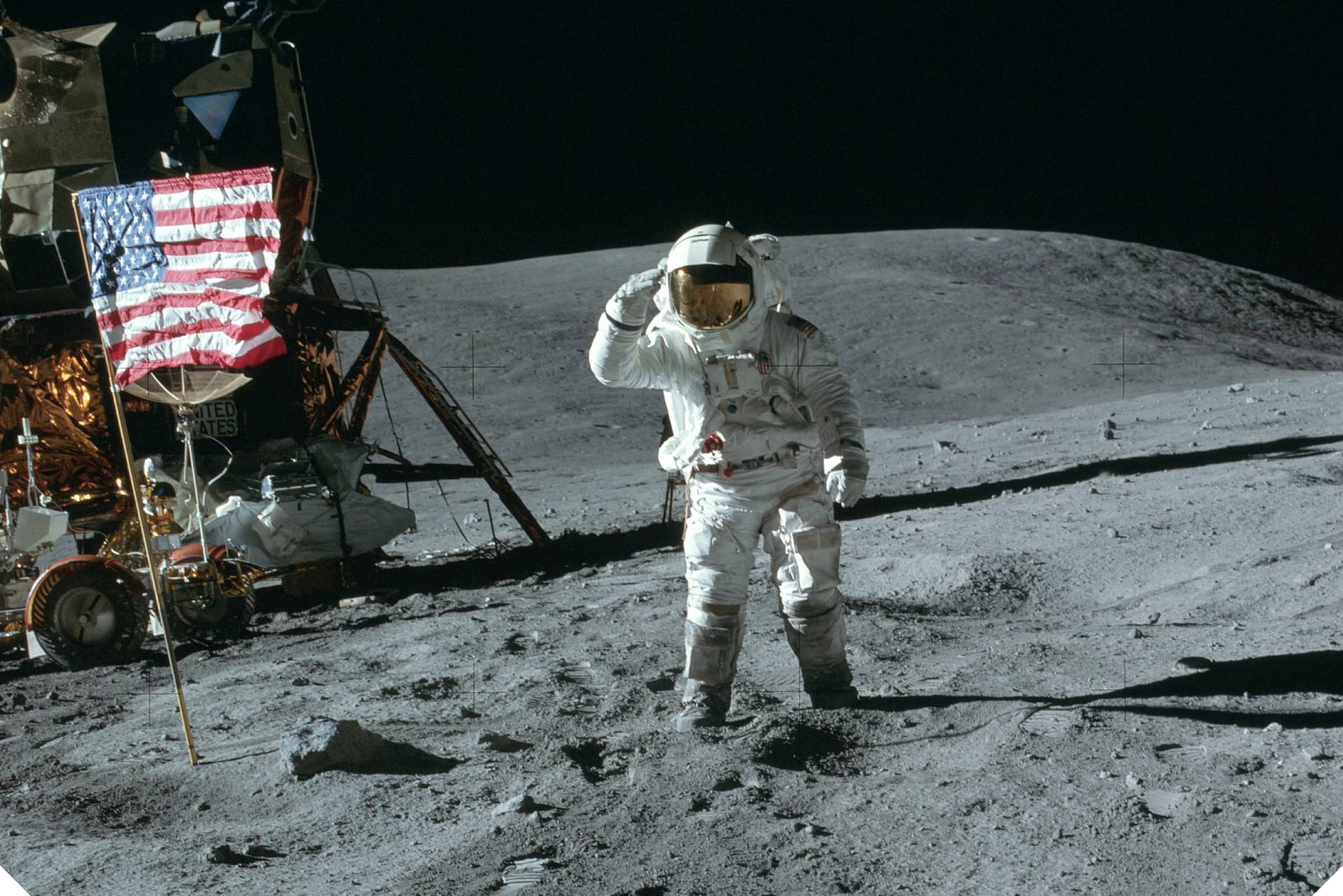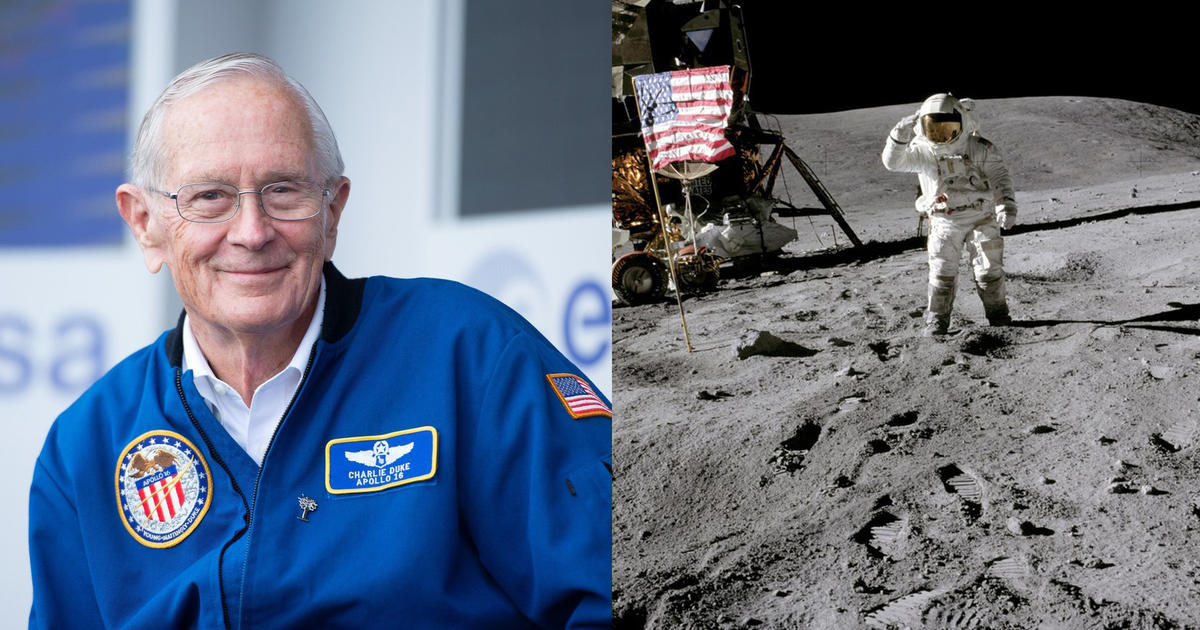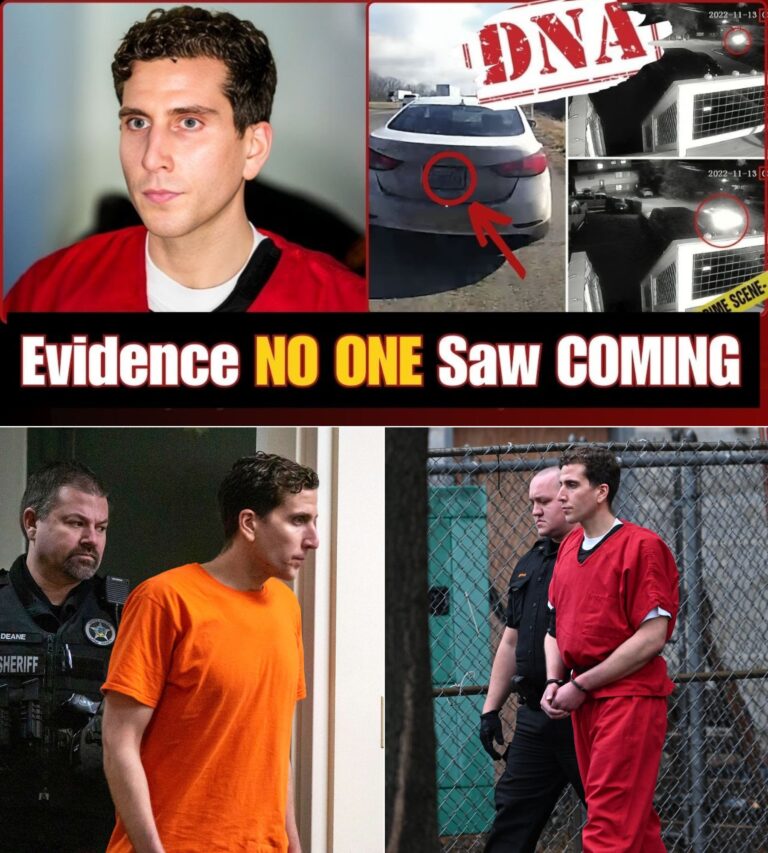After more than 50 years of silence, Apollo 16 astronaut Charles Duke — the youngest man ever to walk on the Moon — has finally broken his silence. Now approaching his 90th birthday, Duke is sharing what he says are the real truths of the lunar missions — not the polished, patriotic stories we’ve seen in textbooks, but something far more profound, and far more haunting.
For decades, Duke was known as the calm, steady “voice from Earth” — the Capcom who guided Neil Armstrong and Buzz Aldrin through the Apollo 11 landing. But when it was his turn to step onto the Moon in 1972, nothing could have prepared him for what he witnessed.
“It was beautiful,” Duke recalls, pausing, “but beautiful in a terrifying way.”
The Moon, he says, wasn’t the gentle gray desert the cameras showed. It was a place of extremes — of silence so complete it was deafening, and darkness so deep it felt alive. There was no air, no sky, no sound — just a crushing stillness that made him feel like he was standing outside existence itself.
🌓 “When you look up, you don’t see the stars,” Duke explains. “You see nothing — not black, not space — just… forever.”
His description has stunned space historians and rekindled debate among those who have long wondered what the astronauts really experienced beyond Earth’s veil. Duke’s words cut through the romanticism that has cloaked Apollo for half a century:
“We weren’t sightseeing. We were surviving.”
During Apollo 16, Duke and commander John Young spent over 20 hours exploring the Descartes Highlands — collecting rock samples, deploying the first lunar telescope, and driving the lunar rover across uncharted terrain. Yet Duke laments that their achievements have been “buried under the glamour of Apollo 11.”
He insists that the true story of Apollo wasn’t about planting flags or making speeches — it was about work, danger, and isolation.
“Every moment was a reminder that death was one breath away,” he says. “There was no margin for error — not even a heartbeat’s worth.”
Now, as one of only four surviving moonwalkers, Duke feels an urgent responsibility to tell the story straight — before history fades, and before conspiracy theories rewrite it.
“Sir, I was there,” he says bluntly to those who deny the moon landings. “I saw it, I felt it, and it changed me forever.”
In his later years, Duke has dedicated himself to public outreach, speaking to students, scientists, and skeptics alike. His mission now is not to relive the glory of Apollo — but to protect its truth.
“People think of the Moon as a symbol,” he explains, “but it’s a real place — alien, dangerous, and magnificent. We didn’t conquer it. We barely survived it.”
As humanity looks again toward the stars — with NASA’s Artemis missions aiming to return to the lunar surface and one day reach Mars — Duke’s message is both a warning and a challenge.
🌑 “Apollo wasn’t the end,” he says softly. “It was the beginning. We proved we could go… now we have to decide why.”
At nearly ninety, Charles Duke’s body may be slowing, but his voice carries the weight of a man who stood where almost no human ever has — and looked into the abyss of infinity.
🩵 “The Moon,” he says, “isn’t silent. It’s still speaking. And we need to listen.”





